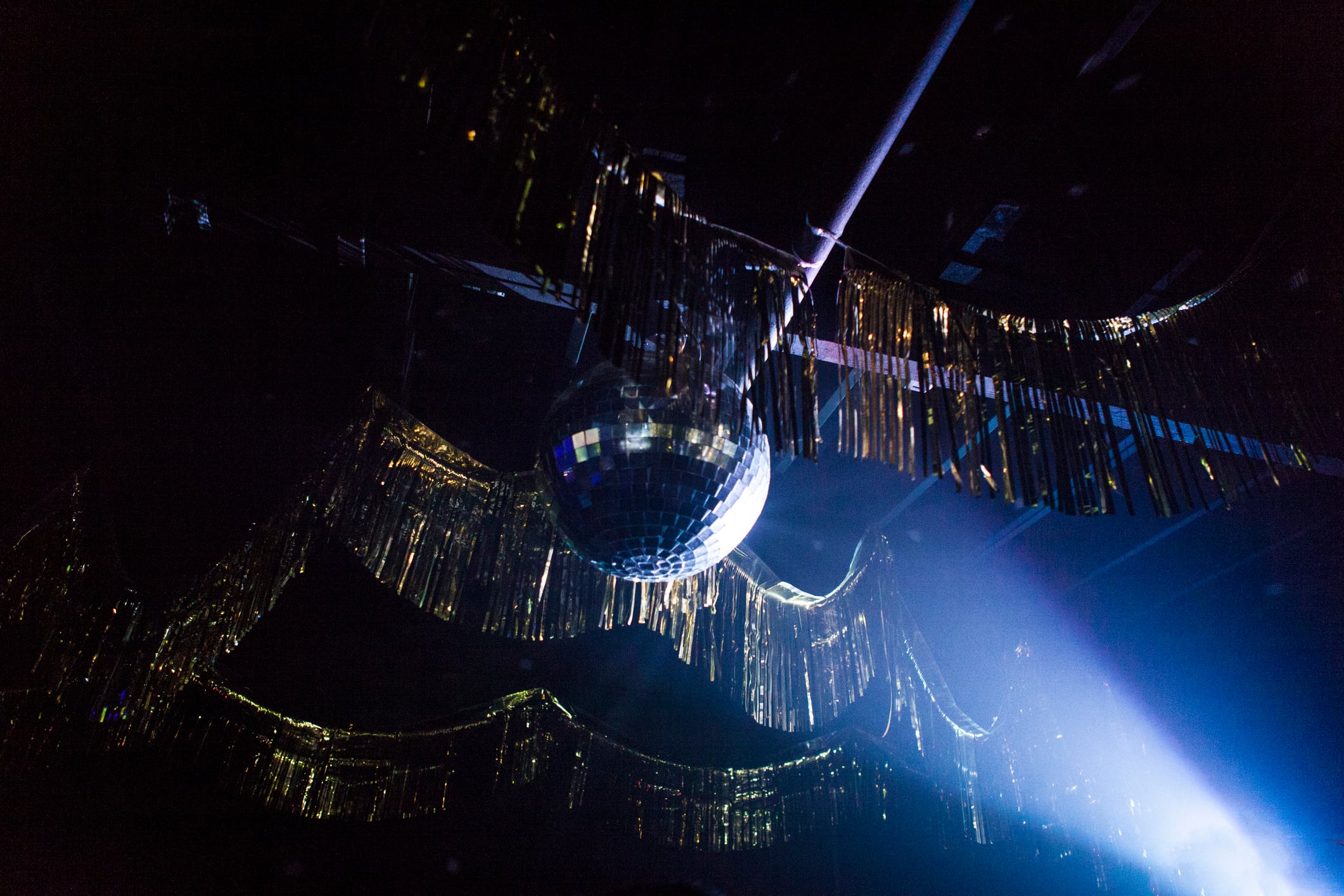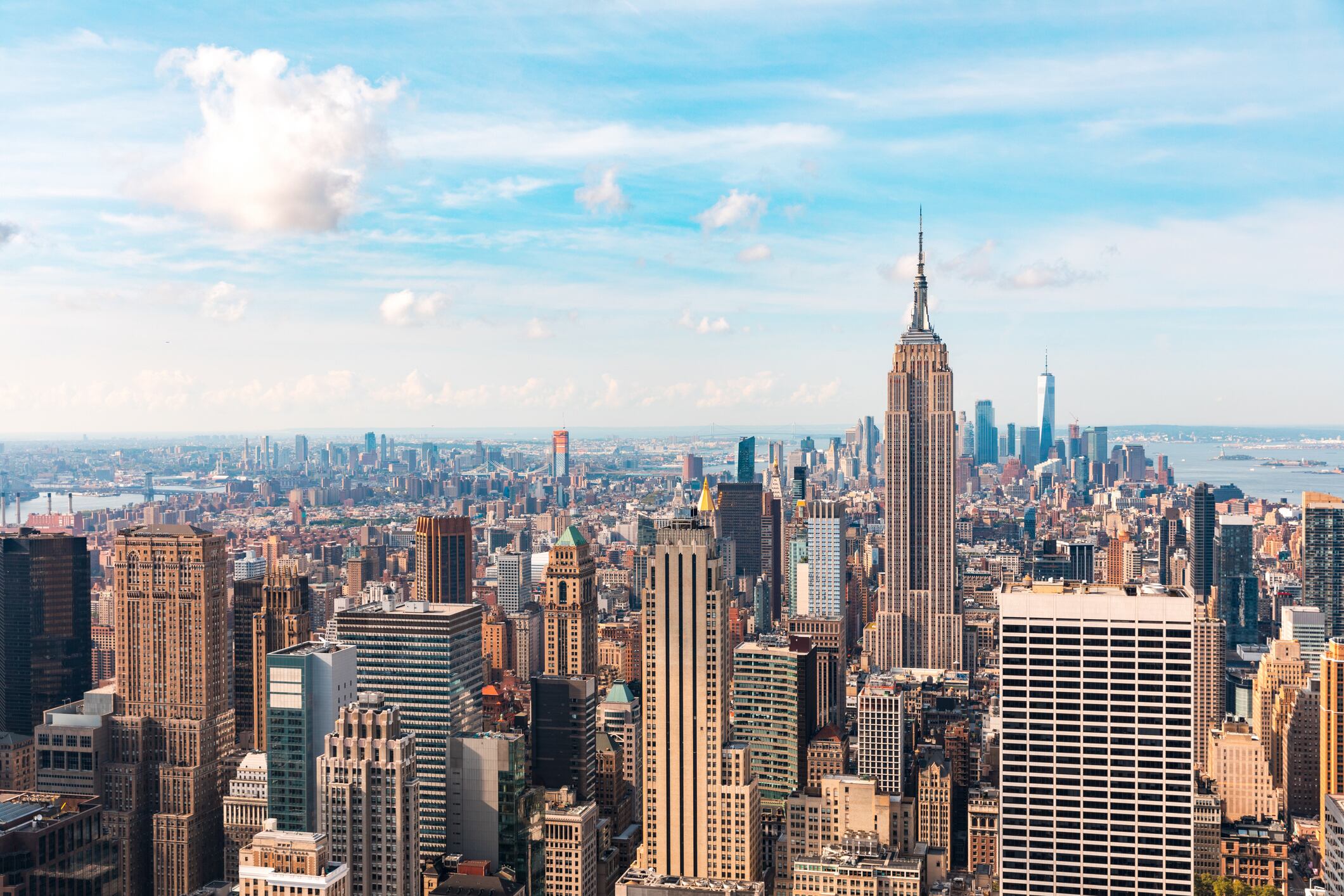According to new data from the latest Night Time Economy Monitor compiled by the NTIA and CGA by NIQ, a total of nearly 800 businesses have closed leaving just 2,424 late night venues still operating.
The research revealed that losses have stepped up over the past three months with three net closures of venues a week, creating what the NTIA warns are ‘night-time deserts’ across the country.
The late-night sector has contracted 26.4% since March 2020, compared with the 14.2% contraction seen across the wider hospitality sector.
Cultural institutions
“We’re witnessing the loss of important social infrastructure from our towns and cities. Nightclubs and late-night venues are more than just places to dance - they’re cultural institutions, economic engines and cornerstones of community life,” said Michael Kill, CEO of the NTIA.
The decline in wider night-time economy venues was evident across all UK regions, although Wales and London were among the hardest hit, seeing declines of 16.8% and 15.3% since 2020.
Across the UK’s major cities, Birmingham has experienced the largest decline in late-night venues, at 27.5%.
Greater London’s late night venue numbers have dropped 20.8% with the capital now having 343 late-night venues, compared with 433 in March 2020.
The research also showed that Edinburgh has seen a gradual decline in late-night venues, falling 13% since March 2020 to a total of 47 in June 2025, while Liverpool also saw a steady decline, dropping 13.9% to 93 late night venues in June 2025.
Social infrastructure
“The closure of one in four late-night venues changes the UK’s cultural landscape. Small venues nurture new talent, fuelling the success of globally renowned artists and the creative economy.
“You don’t get Ed Sheeran, Dua Lipa, or Oasis without small venues. The collapse of independent venues puts the entire night-time economy at risk,” added Michael Kill.
CGA by NIQ business unit director of hospitality operators and food EMEA Karl Chessell said: “These closures have coincided with soaring operational costs -including increases to minimum wage and National Insurance in April - and a continued shortfall in post-pandemic support for independent operators.
“Although we have seen growth in venues such as themed bars and cocktails bars, our nightclubs and traditional late-night bars are cultural assets that we’re in danger of losing for good.”




